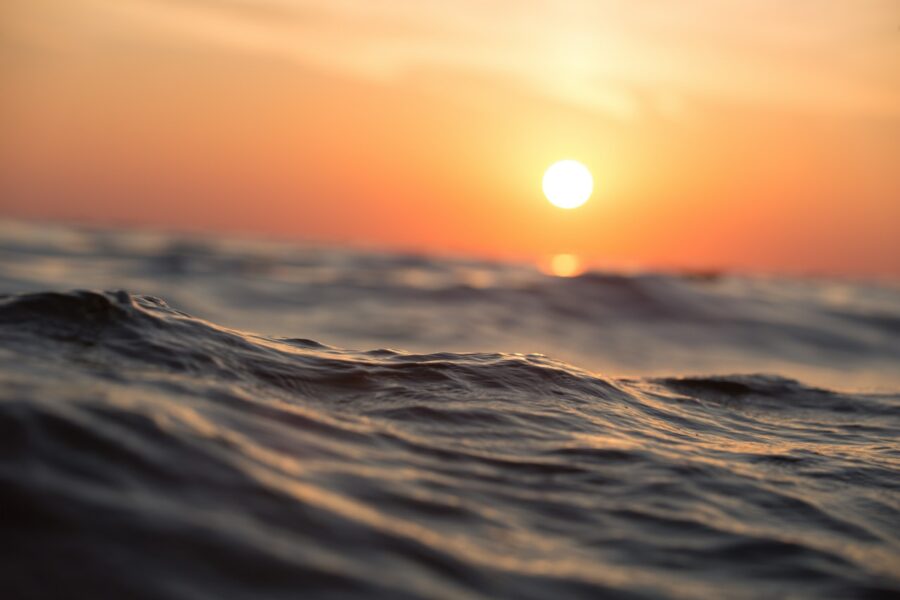But fair treatment for foreign vessels in UK waters.
Fisheries minister George Eustice spelled out last week that when the UK leaves the EU, under international law, the responsibility for managing fisheries within the UK’s 200-mile/median line exclusive economic zone (EEZ) will fall to the UK.
He said his aim is to secure an ambitious Brexit for fisheries but with ‘a soft landing’, meaning that non-UK vessels fishing in UK waters would be treated in a decent, fair and honourable way.
Equally, it was made clear that the access conditions for non-UK vessels to fish within the UK zone would in future be determined by the UK, again in line with international law, and following discussions with the EU.
The minister was speaking at the AGM of the Cornish FPO in Newlyn, where he and a team of senior DEFRA officials provided an update on preparations to leave the CFP.
Reporting on the ‘packed’ meeting, the NFFO said it was attended by a cross-section of the CFPO and NFFO’s diverse membership in the South West – under-10s, over-10s, skippers and company interests, shellfish, whitefish and pelagic – all with a deep interest in securing a good deal from the UK’s departure from the CFP and in the shape of the post-Brexit fisheries regime.
The minister told the meeting an immediate priority is ‘to secure quota shares for the UK that reflect the resources located in UK waters, rather than through a 40-year-old formula that has led to UK vessels being obliged to discard hundreds of tonnes of fish each year’. Once settled, the new arrangements could be reviewed every five years or so, to ensure that quota distribution keeps up with dynamic changes in stock distribution and fishing patterns.

UK fisheries minister George Eustice gave a comprehensive overview of the UK’s post-Brexit plans at the Cornish FPO AGM in Newlyn.
Negotiations on the fisheries aspects of Brexit have yet to begin, but a huge amount of preparation is under way. The political significance of fishing within Brexit was underlined by the fact that the Fisheries Bill is only one of seven new bills outlined in the Queen’s speech.
“It will be necessary and important for the UK to have the ability to determine access conditions and quotas from day one after Brexit. That is understood across government and is why parliamentary time is being set aside to deal with it,” said the NFFO.
The minister outlined the type of bilateral negotiations that might be expected to replace the CFP. The model of an annual fisheries agreement was already there, in the way that the EU currently relates to countries like Norway, Faeroes and Iceland.
An agreed scientific formula of the resources in the EU and UK’s respective waters would be the starting point for a shift from relative stability to rebalanced quota shares. But the actual trajectory of change would be part of bilateral negotiations.
“Although parts of the CFP, like technical measures, will be transferred through the Withdrawal Bill into UK law, the idea is to simultaneously secure powers to shape and amend that body of legislation to the contours of UK fleets as soon as practicably possible,” said the NFFO. The minister said it would be important to have a responsive and adaptive regime – very different from the inflexible and unresponsive CFP that had proved incapable of dealing rapidly with unintended consequences of legislation.
The work being done by CFPO and the NFFO in working closely with officials on the content of Brexit negotiations and the post-Brexit was acknowledged, and would continue as the Fisheries Bill passes through Parliament.
George Eustice acknowledged that it was extremely useful to have a ‘heavy hitter’ like Michael Gove, who had a personal commitment to fishing, in the Cabinet. He said securing a good deal on fisheries was one of the Environment Secretary’s top three priorities.
Trade deal
The minister was hopeful about the trade deal that would eventually emerge from the Brexit negotiations, on the grounds that both the EU and UK ultimately need a good trading relationship with as few barriers as possible.
Voices from the floor reiterated the industry’s view that there should be an exclusive 12-mile zone to protect our inshore fisheries. A good start had been made by the high-profile announcement that the UK would withdraw from the London Convention. In places like Cornwall, an exclusive zone would lay the foundations for a sustainable, profitable inshore fishery, acknowledging that a mix of static and mobile gears operate in this zone.
“The minister was keen to make clear that in moving to achieve the UK’s objectives, it would be important to prioritise and to ensure a smooth transition,” said the NFFO. It would not be in anybody’s interest to have a chaotic departure from the EU. The media naturally tended to focus on conflict, but the aim was ‘to make the shift as seamless as possible, without losing sight of ultimate objectives’.
George Eustice said he had no intention of overturning the domestic quota system at this critical juncture, when there are so many other important issues at stake, although he was always open to look at various options for the future. The idea of putting additional incoming quota into a ‘quota bank’ to incentivise positive fishing practice was raised from the floor. The need to maintain a facility for international quota swaps was also stressed, although this would also be determined by the rebalancing of quota shares to reflect the resources in UK waters.
The minister was asked bluntly about the industry’s fears that securing a fair deal on fisheries could be sacrificed to much more powerful economic interests, not least the City of London financial services. His reply was that Brexit had to deliver a fair deal for all parts of the UK, and that fishing was very much in the political spotlight.
DEFRA officials signalled that their trip to Newlyn was part of an industry-wide programme of visits to the coast over the summer, to gauge the views of grass-roots fishermen.
Read more from Fishing News here.








